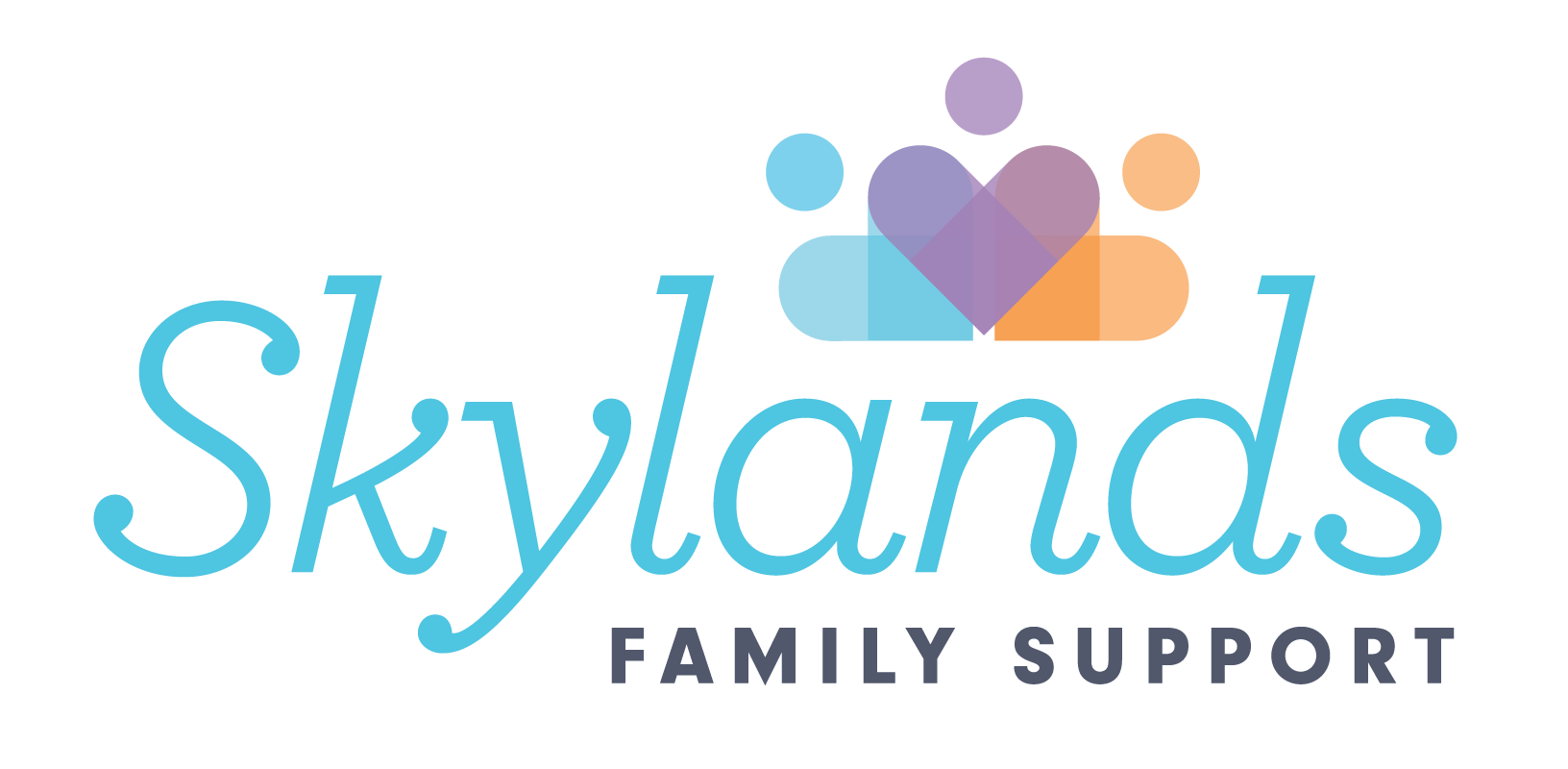5 Steps to Get Started with Support Coordination in New Jersey
Helping your loved one transition from school to a fulfilling adult life can be an immensely rewarding journey, but it can also feel like a huge responsibility. We’ve put together five steps you can take to ensure a smooth transition and eliminate unnecessary stress for you and your family.
Beginning the support coordination journey alongside your loved one can seem overwhelming at first. Along with finding a support coordination agency, you’ll be required to consider eligibility requirements, complete forms, and take a comprehensive look at your loved one’s goals and aspirations. It’s a long to-do list.
Getting started with NJ support coordination doesn’t have to be stressful. We’ve put together a list of the five key steps you can take to begin this important process and ensure that your loved one receives the care and assistance they need. Let’s dive in.
#1 – Ensure NJ DDD eligibility
Before going through the application process for support coordination services, it’s vital to ensure that your loved one is eligible and meets certain requirements. To qualify for New Jersey Department of Developmental Disabilities (NJ DDD) services, an individual must:
- Have a developmental disability determined by the NJ DDD
- Be 21 years of age or older
- Be a legal U.S. citizen and resident of New Jersey
- Be eligible for or enrolled in Medicaid
Once you determine that your loved one is eligible for NJ DDD services, you can begin the formal application process.
To initiate support coordination services, individuals typically start by contacting NJ DDD. This can be done through their website or by reaching out to their offices directly. You will need to fill out their application for determination of eligibility. There are two form options – one for those who are currently enrolled in the NJ Children’s System of Care, and one for those who are not. There are prompts within the application to ensure that you fill out the correct form for your loved one.
#2 – Complete the NJCAT
After you complete the application, NJ DDD will do preliminary application review and then schedule a time and location for the New Jersey Comprehensive Assessment Tool (NJCAT) – a mandatory placement assessment for those seeking NJ DDD services and support coordination.
The NJCAT evaluates the need for support in three main areas: self-care, behavioral, and medical. The results also establish an individual’s “support tier,” which determines the annual budget that will be allocated to that individual for services.
A final review regarding your loved one’s eligibility for NJ DDD services will be made when NJ DDD receives the NJCAT results. A determination letter will be mailed to you and your family within sixty days of NJCAT completion.
#3 – Choose the right support coordination agency
While the state of New Jersey can assign a support coordination agency to your loved one if you wish, you and your family have the right to choose the agency that you feel is the best fit for your unique circumstances and needs.
Careful consideration while choosing a support coordination agency is more likely to provide a better experience for your loved one. Not all support coordination agencies provide the same level of care and support, so doing research and making an informed decision is in your loved one’s best interest.
When making this decision, consider agencies that have staff and expertise that align with your loved one’s goals, values, and personal preferences. Research different agencies, read reviews, and seek recommendations to make an informed choice.
It’s essential to establish a strong partnership with an agency that provides the required services and fosters a supportive and collaborative relationship with your loved one and family.
#4 – Assess your loved one’s goals & needs
No one knows and understands your loved one’s aspirations, challenges and needs better than you. That’s why you will need to play an important role in the support coordination process. Through your insights and guidance, your chosen support coordination agency will be able to get to know your loved one and form the right support care plan for them. You’ll be asked to provide information regarding you loved one’s:
- Daily routine
- Goals and dreams
- Medical history and current medical concerns
- Communication preferences
- Personal interests
Your support coordinator will work with you to complete the Individualized Service Plan (ISP) and Person-Centered Planning Tool (PCPT), using the above information. These planning documents are required by the NJ DDD and ensure your loved one has access to the special support they need in order to remain healthy, safe, and a valued member of their community.
By taking the time to communicate your loved one’s goals and needs to your chosen support coordination agency, you set the stage for support coordination that is not only functional, but deeply meaningful and impactful.
#5 – Choose services & supports that will foster your loved one’s interests
As you progress in the support coordination journey, the focus shifts to selecting services that reflect those goals and needs we discussed above. There are many services and supports your loved one can access through support coordination and the NJ DDD, including:
- Assistive technology
- Behavioral supports
- Day habilitation
- Therapies
- Employment options
You’ll be able to work closely with your chosen support coordination agency to ensure that the selected services meet your loved one’s needs and actively contribute to a more vibrant and fulfilling life.
Conclusion
Support coordination is here to make your loved one’s life better and more fulfilled. If the initial support coordination process seems overwhelming, use these five steps to gain a deeper understanding of what’s to come.
Want to work with a support coordination agency that prioritizes your loved one’s needs and goals? Contact Skylands Family Support Today.




